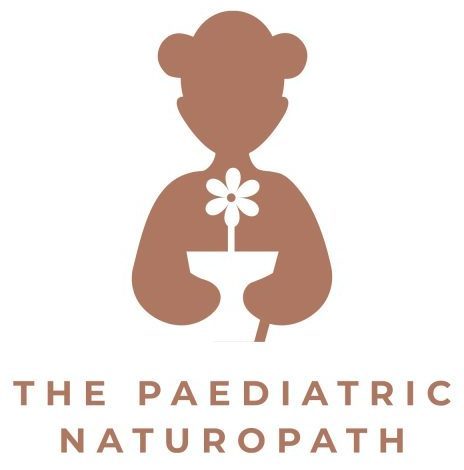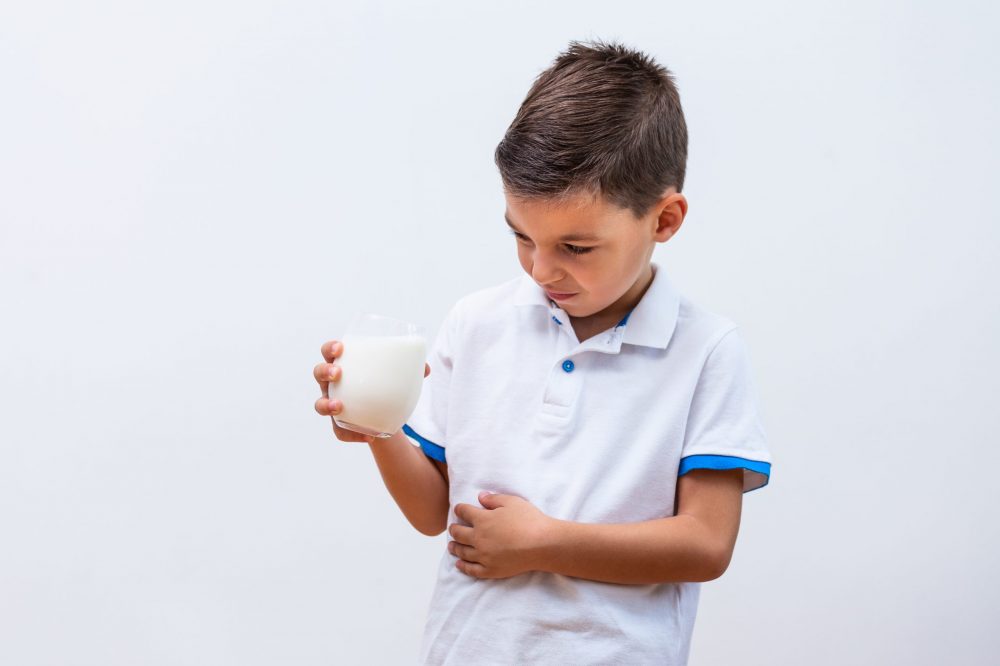Cow’s Milk Protein Intolerance (CMPI) is an issue that can affect many babies.
Figures indicate that CMPI can affect up to 5% of all infants and children.
Sensitisation to Cow’s Milk Protein will often occur in pregnancy, breast or bottle feeding.
What is Cows’s Milk Protein Intolerance?
CMPI differs to that of an allergic response, and 60-70% of all adverse reactions to Cow’s Milk Protein will be due to an intolerance, rather than an allergy.
In cases of CMPI, blood or even RAST skin prick testing will therefore not give a positive result or help with diagnosis, and unfortunately many CMPI diagnoses are often missed or overlooked by health professionals.
Some of the long-term consequences of a cow’s milk protein intolerance diagnosis being missed include serous, recurrent ear infections (otitis media), discharging ears, permanent perforations, cholesteotoma and hearing loss. CMPI is not lactose intolerance.
Food Allergy vs Intolerance
Food allergies will generally provoke an immediate, measurable reaction.
Food allergy testing can be conducted via your GP, Paediatrician or Allergist and will often involve a blood test and/or RAST skin prick test to confirm the diagnosis of food allergy.
It is very important to ensure that an appropriate allergy management plan is in place if your child is diagnosed as having an IgE food allergy, as this can lead to anaphylaxis.
Food intolerances can be more difficult to diagnose than a food allergy, however, as food intolerance reactions are often delayed reactions that are not antibody dependent and harder to measure/define.
Food intolerance reactions can often be delayed for hours or even days.
The gold standard for determining food intolerance is elimination and challenge of the food we suspect we are intolerant to in our diet. Upon elimination of the suspected food, it is expected that there will be a relief of symptoms which will recur upon reintroduction of the food.
But won’t they just grow out of cow’s milk protein intolerance?
The prevailing medical advice for cow’s milk protein intolerance is that most infants and children will outgrow their CMPI, with research citing approximately 78% outgrowing their allergy/intolerance to Cow’s Milk Protein within the first decade of life.
Clinically this is not always what we see, with undiagnosed food intolerance affecting children, adolescents and adults throughout the lifespan, not just in infancy.
CMPI is less likely to be identified and managed post-infancy, and may be a contributing factor to a variety of chronic conditions experienced by many children.
Exploring a family’s history of atopy, food allergy and food intolerance can provide helpful information.
The importance of timelines
If your child had a CMPI or allergy diagnosed as an infant, you may have been advised that they will have grown out of this upon the introduction of solid foods.
If your child has developed chronic or recurring infections or gastrointestinal and/or atopic symptoms, it can be important to consider the timelines of when these symptoms began for your child, and what else was happening/changed around the same time.
For some children, the introduction of cow’s milk products in food or drink may correlate with the time that they started to experience recurrent ear infections, chest infections, tonsilitis, asthma or changes to their bowel movements (this can be either constipation, diarrhoea or both).
Signs and symptoms
The ear nose and throat are common target organs for food intolerance and allergy, and this is particularly the case for CMPI reactions.
Serous otitis media (ear infections) are one of the most common conditions that may be implicated in undiagnosed CMPI.
CMPI should always be considered as a potential contributing factor in serious, recurrent ear infections.
Other common childhood conditions that may be affected or caused by CMPI include:
- rhinitis
- postnasal drip
- sinus problems
- asthma
- tonsilitis
- colic
- recurring abdominal pain
- diarrhoea
- constipation
- eczema
Elimination and challenge
Elimination and challenge of CMPI should be conducted under the supervision of an experienced practitioner.
It is important to ensure that withdrawal responses and calcium fortified non-dairy alternatives are considered in any elimination period, along with appropriate and safe challenge strategies.
The establishment of tolerance thresholds and their maintenance will also be individual and are required to be tailored and monitored. The experienced Practitioners at the Paediatric Naturopath will be able to support you every step of the way with the identification and management of food intolerance in your child, with a goal of supporting their optimal health and development, and the minimisation of ongoing and chronic health issues.




